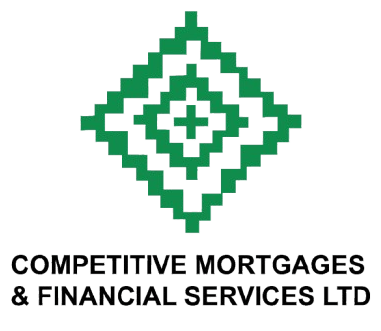We offer a range of mortgage options to suit different needs, as outlined below:
This is the standard mortgage typically available from high street lenders, or exclusive deals accessible through brokers. We can help you access both to find the option that best meets your specific requirements.
Loans Requiring Consumer Credit License, Including Credit Broking
1. First Time Buyer
Applicants who haven’t held a mortgage for a certain period (e.g., in the last three years). Some lenders require applicants to be First Time Buyers to qualify for specific products or discounts designed for them.
2. Homebuyer
Including Home Movers – Applicants who are relocating and require a loan for their new property.
3. Shared Ownership
The Advantages and Disadvantages of Shared Ownership Schemes
Before committing to a shared ownership scheme, it’s important to evaluate the benefits and potential drawbacks, as purchasing a home is likely the biggest financial commitment you will ever make. Careful consideration is essential.
The Benefits of Shared Ownership Schemes
The Drawbacks of Shared Ownership Schemes
The challenges you may face largely depend on the terms of the shared ownership scheme you are considering, so it's crucial to thoroughly review the terms before proceeding. However, here are some common potential issues:
If you'd like to explore this or any other mortgage option in more detail, please get in touch with our mortgage advisors.
These types of mortgages generally include:
1. Buy to Let
This involves purchasing residential properties to rent out.
2. Commercial Mortgages
These are typically used by businesses. Similar to other types, deals can be accessed through high street lenders, as well as funding options available via brokers.
3. Bridging Loans
Short-term funding, usually up to one year.
These loans can cater to various needs, such as:
Flexibility: These loans can be customized to meet a client’s specific needs, such as rolling up interest, paying monthly, or using a hybrid approach.
Speed: Loans can be approved in as little as one week.

Quick Links
Get In Touch
14 Wellmeadow Road, London W7 2AL
02088408438
martmohamed@cmandfs.co.uk
Follow Us
© 2025 mortgagesandfs.co.uk - developed by TODFOD DESIGN STUDIO All Rights Reserved.